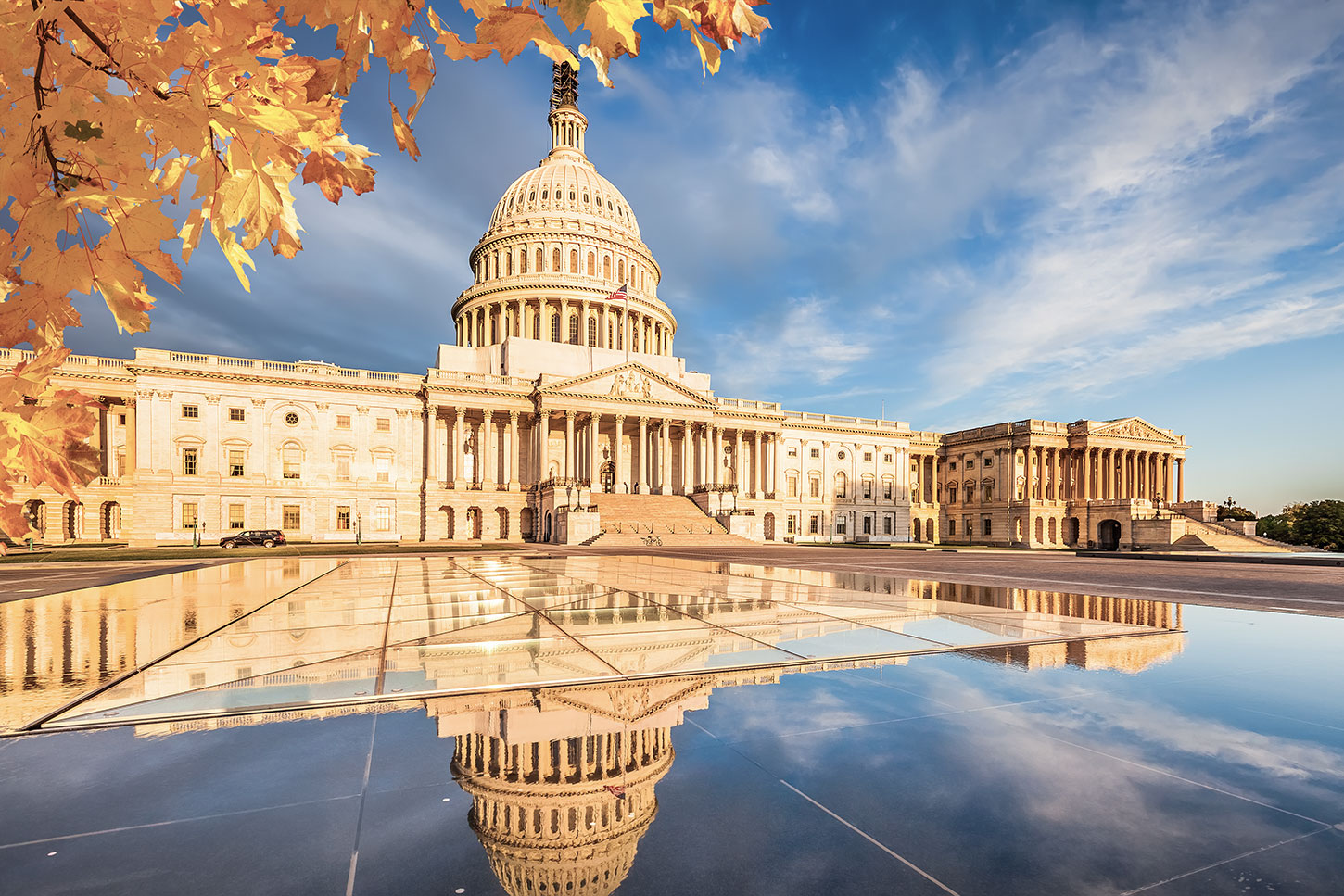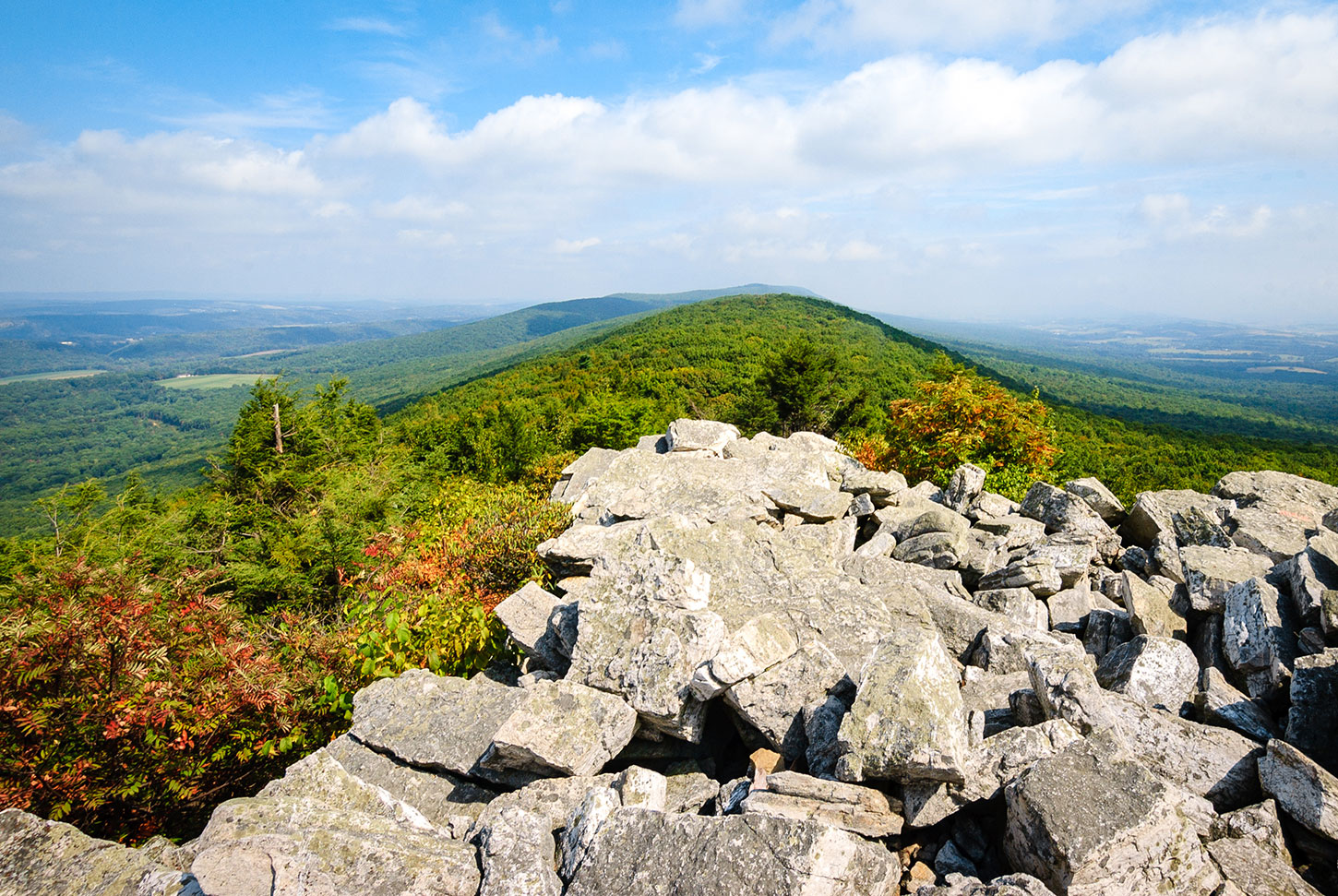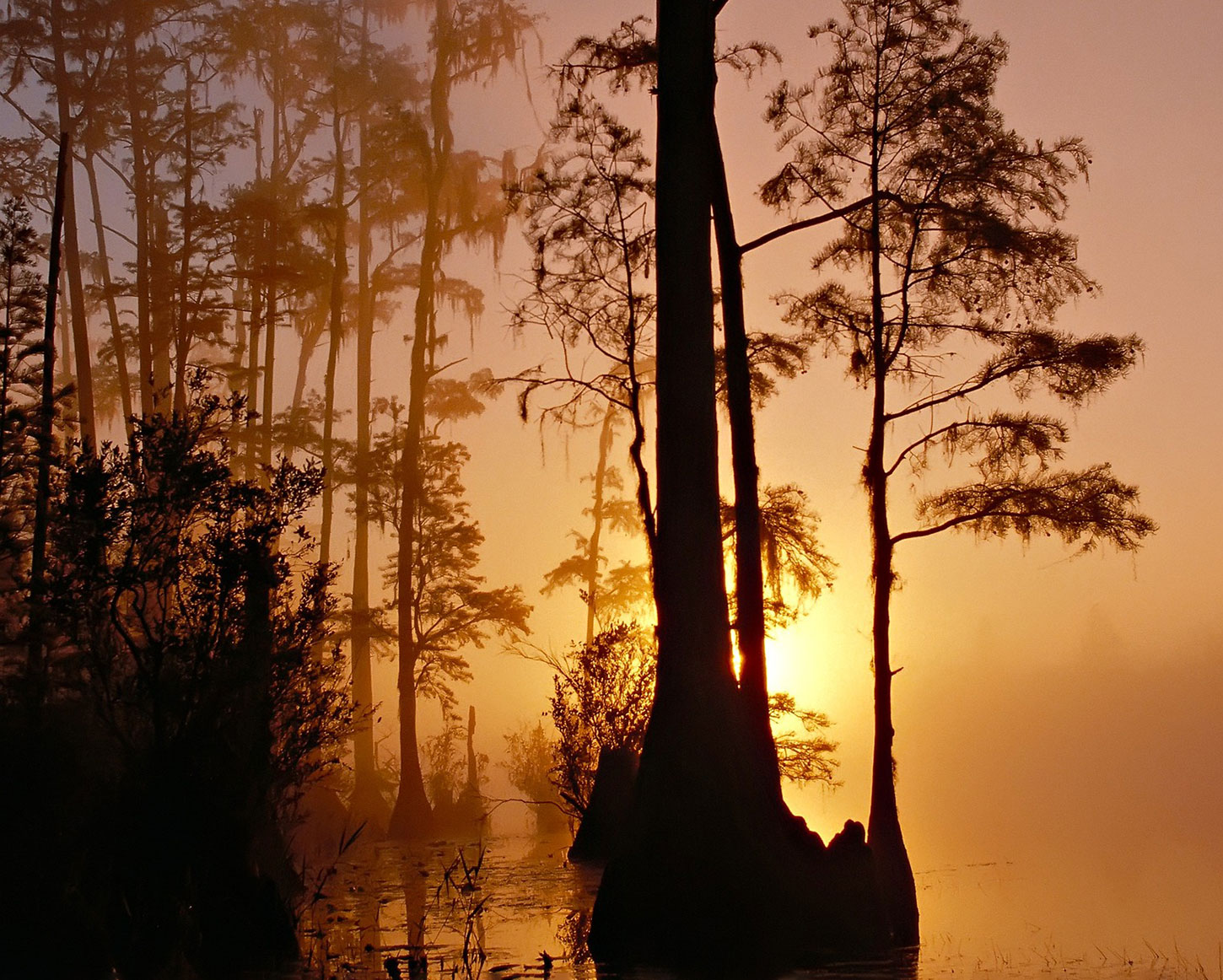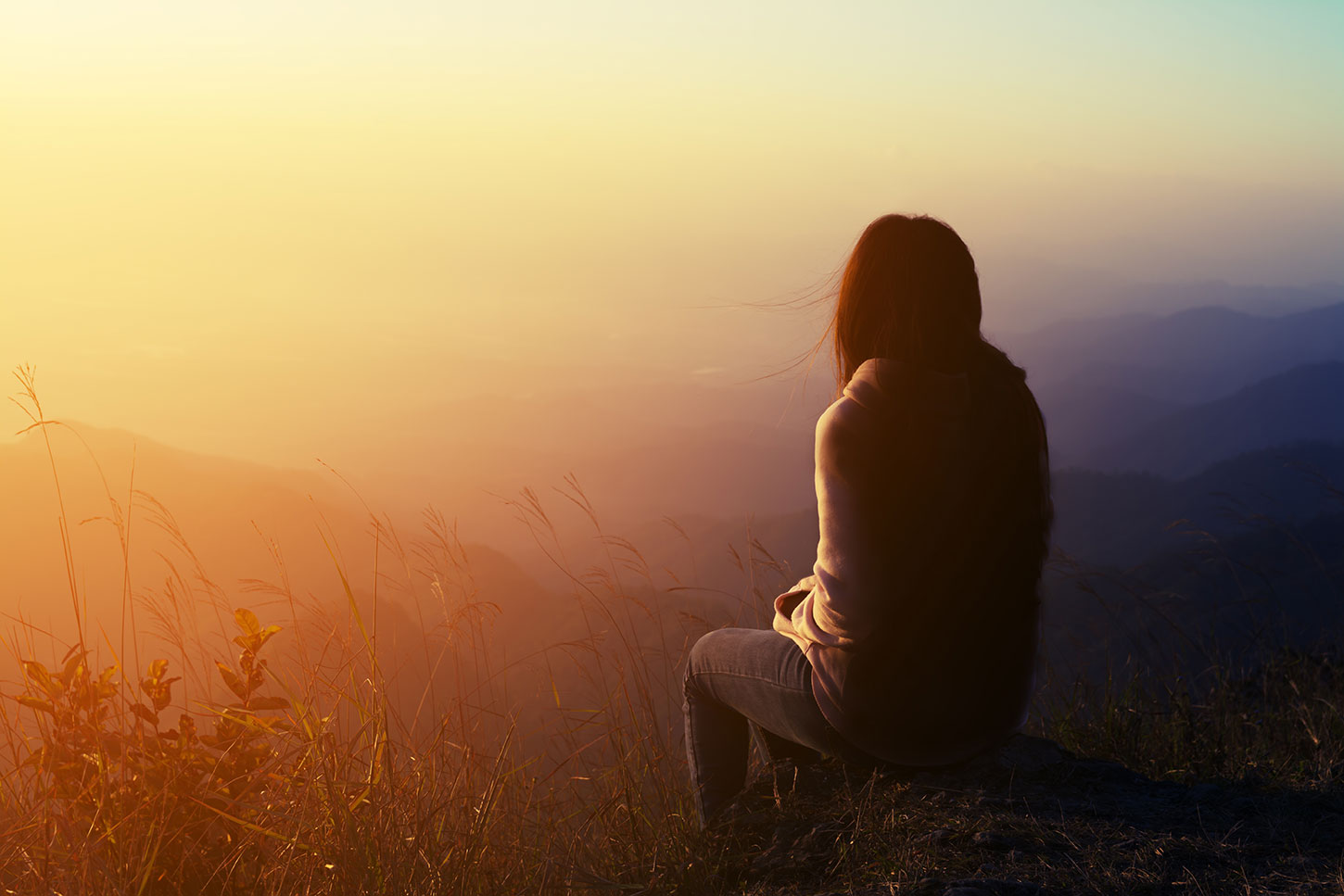Speaker 0 00:00:01 Welcome to soundscapes a terrain.org podcast. Today we'd like to invite you to enjoy poet Lee Herricks, reading of his letter to America, written for terrain.org. In December of 2016, since the 2016 presidential election, we've published impassioned letters to America from nearly 200 writers, artists, scientists, and political and community leaders. Lee's offering stands out as a nuanced reflection on race and justice in America. Here he is pondering the elasticity of democracy through the lens of his personal experience.
Speaker 1 00:00:39 Each one a bright light. Dear America, I was born outside of you in Korea in 1970, a year of upheaval and revolution. I was adopted and arrived in America in October, 1971. At 10 months of age on your west coast, the San Francisco International Airport, to the exact where I was adopted by a white American couple in the year I was born. 1970. Upheaval and change was everywhere. The Vietnam War continued. The shootings at Kent State rocked Ohio and the world. UCLA fired Angela Davis and Richard Nixon signed a measure into law lowering the voting age to 18. In the same year, both Jimmy Hendrix and Janice Joplin died. It was two years after Martin Luther King Jr. And Bobby Kennedy were killed. In many ways, it was a brutal time of major change, but beneath the headlines, tragic or sickening as they may be, America's best self was always churning, always evolving. Even when it's nearly discernible. I believe that America is in fact a beautiful idea. Even in the face of great trauma or tragedy, political distress or economic trouble. America churns forward. The America I love is in the people's heartbeat. The Americans who try their best to overcome or live through what inevitable failures and setbacks will temporarily rattle us.
Speaker 1 00:02:38 In May, 1975, I was naturalized and became a US citizen. There's a picture of me at four years old dressed in a dark suit holding the flag, standing in front of a larger flag. In 1977, my kindergarten teacher played her acoustic guitar and sang, this Land Is Your Land to the Class. And I distinctly remember liking the song and her spirited rendition of it. But I also remember questioning it. It is the first memory I have of feeling unsettled Because of race, I was the only Asian American in the class of 30 white children. I would soon experience and continue to experience your particular brand of racism. I would learn that because I was not born in this country, I could never become president. I would not have made a good one. But I can think of some transnational adoptees Who would I became a student of you.
Speaker 1 00:03:55 I recently learned that nine of the first 11 US presidents owned slaves. John Adams and his son John Quincy, were the only two who did not. So we Americans have a long way to go and some hard self-exploration to do. I am a student of your presidential history and did my master's thesis on 20th century presidential rhetoric and aristo Italian theory. I also became a student of one of your greatest failures, your inability to grant legal, social, and economic liberty and justice to all people. We can say that progress has been made and in fact there has been. But then I recall that there are 892 active hate groups in this country and that one of the most notorious recently endorsed a presidential candidate and he won.
Speaker 1 00:05:04 I am hoping your better angels keep churning. There are many who live here who are suffering and struggling, but you know this, you know there are many who do not care about the suffering and what would you say to them? I wonder how you look at your own youth, at your own breathtaking diversity at the state of your own disrepair. I wonder if you believe like I do, that if we are to keep forming that more perfect union, we must evolve. We must keep churning forward. We must welcome the immigrant, the refugee, and the transnational adoptee. We must balance the rapid broadcast of our failures and discussed with the beautiful stories of resistance and the truths of Americans forging new and necessary revolutions.
Speaker 1 00:06:11 Division is inevitable with an idea so great as you. And while we may take steps back at times, this feels like one to be sure, I am certain that you are durable, that your bones are good, that your foundations are solid. Are there limits to democracies elasticity? We'll see, I believe you when you say that you stand for equality for liberty and justice for all people, but you're currently far short of the mark. For now, I want to celebrate you. I also want to fight for what is good in you and for the ideas you espouse. There are millions of people who do so every day there will be more travesties, more fires, and more demagogues. But I vow to keep the faith I vow to care. I imagine millions and millions of people here in America, each one a bright light thinking and dreaming like I am certain about the better days ahead. Yours, Lee Herrick
Speaker 0 00:07:43 Lee Herrick was kind enough to sit down with soundscapes to discuss his letter life and the forces animating his work. Here's our conversation, Lee, thank you so much for making the time to sit down with me.
Speaker 1 00:07:56 Thanks for having
Speaker 0 00:07:57 Me. Yeah. So I'm curious, you wrote this Dear America, this letter that you read for us in December of 2016. I imagine that most people listening hear this and immediately think, ah, one month after Donald Trump's election, and it's now the fall of 2020, so it's actually just over one month before the next presidential election. In a way, your letter and this conversation then bookend this term in office. I'd like to spend some time exploring not only the forces behind your 2016 letter, but also what's evolved in the intervening four years.
Speaker 1 00:08:31 Well, yeah. So I wrote it a month after the election and I think like many people, even those who were supporting him, on the one hand I was shocked, but on the other hand I was completely not surprised. You know, leading up to the election, I, I voted for Hillary Clinton and went to see her speak here in Fresno. And I think at that time the Democratic party, as it sometimes can be, it felt a little bit too sure of itself to me. Mm-hmm. <affirmative>, um, you know, after Trump was elected I was pretty unsettled by what I thought could could come in the next four years. Um, and so that was really the impetus for my letter, which was thinking about my experience as an adopted Korean person who wasn't born in this country but has lived here since I was 10 months old. And have been very involved in very interested in American politics and government, specifically presidential elections and presidential rhetoric.
Speaker 1 00:09:35 Worried about what I called in my letter, the elasticity of the, of our democracy. How, how far could it bend given what I think he was going to do and not do with regard to respecting our fundamental tenants of, of the Constitution. As much as it concerned me, I was also very hopeful, as I always, I I hope, I always am not a naive blind faith, but you know, every time something happens in our short history as a country, it's the people that give me faith. And that was also a part of my letter is that the people and that our neighborhoods and our towns, people working for positive change always gives me hope.
Speaker 0 00:10:18 And what do you see as the role of art and of writing then in the elasticity of democracy perhaps, or in this hope that you have?
Speaker 1 00:10:27 I think it's essential. The, who was that famous British romantic poet? I think it was Shelly who said poets or the unacknowledged legislators of the world, whether it's film or music or writing that inform so much of our consciousness. Yeah, it's essential not just in good times, but especially in times of trouble where writers and artists speak up and illuminate the conditions for people who otherwise might not know either what is going on or have ideas to, and ways to think about this trouble to where they can engage and remain a citizen, if you will, an active, involved compassionate citizen. Cuz otherwise I think the state can deaden a person without that art.
Speaker 0 00:11:15 Interesting. And so our keeps people feeling and aware and not becoming numb.
Speaker 1 00:11:21 Absolutely. I mean it, I think it would be hard to think of a person who isn't moved by some kind of art, and I think there's room for that pathos or those emotions in politics. Mm-hmm. <affirmative>, you know, a lot of our greatest orders and, and even the current president as completely illogical and empty as a lot of his rhetoric is, it's filled with emotion and he knows what he's doing. Mm-hmm. <affirmative>, it's, it's harder, I think, to move from enjoying a piece of art or being moved by a poem or a story or a letter to engaging in politics, whether it's voting or looking at your workplace differently, gender disparities and and so forth.
Speaker 0 00:12:07 And some of these might be, you write in your letter of beautiful stories of resistance and the truths of Americans forging new and necessary revolutions. Is that the kind of thing you had in mind there?
Speaker 1 00:12:18 Yeah, yeah. E exactly. People forging new revolutions or resistance. I think a, a real important element of that is the fatigue and the toll on a person and a community. You know, if you think about suffrage and white women at least getting the right to vote in 1920 mm-hmm. <affirmative>, how long that must have taken and how many more years after that or communities, whether it's Breon Taylor and George Floyd, Philando Castile and so on, or the, the huge numbers of indigenous people who are killed. That kind of fatigue and trauma I think is extremely difficult to work through. Art can come from that, but I think politics have to enter the picture too because lives are at stake, communities are at stake. I think it can take a toll, but art has a way of showing us how we can survive. Really. I think art in some ways, for me at least, is about survival. Mm-hmm.
Speaker 0 00:13:15 <affirmative>, right. Maybe helping to build the resilience necessary for prolonged resistance. Mm-hmm. <affirmative>, you write about that a little as well, about Americans trying their best to overcome inevitable failures and setbacks. I was wondering if you might be willing to share, if that comes from a personal place, if anything comes to mind for you when you hear those words or read them again four years later, if a lot of writing comes from a personal, well, if you yourself have experienced some inevitable failures and setbacks that inform your work.
Speaker 1 00:13:47 That's a really good question. Um, you know, I don't know if I would call it a failure, but I think in my case, so much of my writing and probably my thinking and seeing is informed by my adoption being born in Korea. I don't exactly know when I was born, I don't exactly know where I was found, but that's certainly not a failure per se, but it definitely is a starting place of uncertainty and trouble and trauma. Mm-hmm. <affirmative>. And so it would probably take a book or two to talk in detail about Yeah. Challenges in my personal life. But I will say that, you know, one of the things that's most interesting to me about just people in general is what they make it through unemployment, addiction, you know, health challenges. I'm not saying these are my experiences, but in my case it probably had more to do with a sense of identity and racism, which I can think of the United States in that way too.
Speaker 1 00:14:59 I mean, I haven't traveled as much as some, but I've been to about 25 different countries in the world. And, and you hear this a a lot and you may know it without traveling, and that is, there's no country in the world, at least that I've been to that comes close to the diversity that's in this country. Mm-hmm. <affirmative>. And whereas I think of it as a blessing, I think it's one of our greatest shortcomings is how we have not been able to really find the blessings in that and to really grant people legal rights. I think it has a little bit to do with my own experience, and I think as a country we're very young and I think we've had plenty of setbacks as any country does and failures. And I thought that the election in 2016 was a very significant one. And my hope is that as a country, just like as a person, we can make it through those, those setbacks.
Speaker 0 00:15:54 And in terms of giving people these legal rights you just spoke about, that reminded me in your letter you asked America what it would say to those who do not care about the suffering of others. I'm curious, what would you say to these people? Oh,
Speaker 1 00:16:09 That's, that's a good question too. You know, there's, I think there's always going to be five or 10% fringe that is so hardened and entrenched in their views. You know, I don't know that I'm particularly interested in speaking to those folks or, or trying to convince them. Ken says something similar when he is talking about anti-racism work that it might not be necessary to, to reach every single person. But I think there's a good portion of people who don't see how the 99 or how, if they're a man, a woman's, uh, situation might be more meaningful in their own lives and more, uh, important to think about than, than they realize. Well, what, you know, it's hard to say one thing. I I can't think of one thing I would say that, you know, would make them see it differently all of a sudden mm-hmm. <affirmative>, but I would, you know, I I think ratcheting up the aggression and the name calling and, and sort of this insulting mockery, I, I don't think that gets people very far <laugh>. Yeah. Um, and so I prob I wouldn't approach it from that perspective. I don't know. You know, that's a really good question. I a little bit of conversation, education, listening and realizing that people, people can change over time.
Speaker 0 00:17:42 I was also wondering, you, in your letter you addressed America as you, and I was hoping you could say a little bit more about what exactly you are addressing with this pronoun, what that meant to you.
Speaker 1 00:17:56 Well, part of it, just a straightforward answer would be, you know, I was thinking of a epistolary poems poem in a letter form where I was thinking of the country as a person, an extremely complex, troubled person with a lot of great qualities. I'm very wary of American exceptionalism, but there are also some incredible things about this country. So when I say you and the letter, I'm thinking of those things. I'm thinking of all of the blessings of this country and freedoms, but also all of the trouble, like in the letter I mentioned that nine of our first 11 presidents owned slaves. So how could our constitution in our, the formation of our country not be informed by that?
Speaker 0 00:18:44 Yeah.
Speaker 1 00:18:46 So the you, it's a complex. You just like the United States is complex.
Speaker 0 00:18:51 Yeah. I found the end of your letter extremely stirring as well. I'll just read a couple sentences you wrote, but I vow to keep the faith I vowed to care. I imagine millions and millions of people here in America, each one a bright light thinking and dreaming like I am certain about the better days ahead. How do those words feel to you today?
Speaker 1 00:19:17 Well, I feel it as much today as I did then. Every presidential election they say it's, it's an important one. Or they'll often say it's the most important election of our generation or of our time. And you know, the reason when I wrote I vow to care or I vow to keep the faith is because I think that, you know, a concentrated oligarchy or plutocracy or a a government or ownership by a very few people, it flourishes more the less we care and the less we hope. You know, if, if we can be deadened to think things, for example, like my vote doesn't count, or they're all the same, or they're two sides, pick the lesser of two evils. All of those things work against our involvement and our engagement and our hope. And so knowing that, or at least believing it as I do, I'm not going to disengage because of that.
Speaker 1 00:20:22 I'm aware that those are techniques or those are ways that an individual disengages can be disenfranchised, can be deadened or distracted. And I, and I just don't want to do that. And I know I'm not the only one. I know there are millions and millions of people who are caring or hoping or fighting in whatever way he or she or they can do it, you know, it might just be listening more or respectfully disagreeing with that surly family member or checking that racist student or whatever it might be. I mean, I think that kind of active sort of thing comes in all different forms and there are millions and millions of people who are doing it. And I think that's important to know because that won't be broadcast. Mm-hmm. <affirmative> that will not be broadcast for me at least, it's, it's not just important to know in terms of keeping the faith for an election or something like that. It's just because I've always believed that I wanna keep believing that despite a lot of examples to the contrary, the human condition is generally good. We just don't see that because that's not gonna sell, um, that's not gonna get people commenting and retweeting and all of this stuff. Mm-hmm.
Speaker 0 00:21:46 <affirmative>, does that have anything to do with, I was wondering what you are working on these days.
Speaker 1 00:21:51 I'm trying to write a memoir that's sort of up and down <laugh> these days. Um, I did co-edit an anthology I'd mentioned, it's called The World I Leave You and it's co-edited with Leah. Sylvia's a a wonderful poet and it's an anthology of Asian Americans on faith and spirit. So that's a wonderful anthology that we're, we're really proud of. But a lot of my writing, I'm, I'm writing poems still, but most of my thinking and most of my writing right now is going towards this memoir. Right.
Speaker 0 00:22:27 Oh, Lauren, I'm writing that.
Speaker 1 00:22:29 We'll see, I <laugh>, this seems like a, a step back <laugh>, but I'm taking it as a positive. I had this realization, I think I need to ditch about 80% of what I have right now. <laugh>
Speaker 0 00:22:41 <laugh>. Yeah. Just a setback for you to overcome
Speaker 1 00:22:45 <laugh>. Yeah, that's right. Don't, do you think that, I mean, with the setbacks, I mean is it's just all part of it, right?
Speaker 0 00:22:53 Yeah, absolutely. Nothing is just a pure mm-hmm. <affirmative> straight line in one direction.
Speaker 1 00:22:59 Yeah, that's absolutely right. That's, that's a good way to think of it.
Speaker 0 00:23:03 I'll be really interested to read your memoir though. I think some of the questions that you got at a little bit in your letter would be really interesting to see you explore those more about what it really means. Mm-hmm.
Speaker 1 00:23:14 <affirmative>
Speaker 1 00:23:15 American. Yeah. You know, I'll just say it has a lot to do with my adoption and, you know, in the letter, and I think also in, in the country, there are just so many populations and so many experiences we just don't know much about. And there were, for example, there were about 200,000 maybe Korean adoptees or Koreans adopted to different countries. And it's such a small population of people. It's, it's roughly similar to the Choctaw, you know, I've thought a lot more about race and racism over the last 20 years. And as a Korean person or Korean American, I was raised in a, a white family mm-hmm. <affirmative>. And so when I started to really experience and notice racism and be troubled by racism as a person of color, I went home where a lot of other, I think most other people of color when they go home mm-hmm. <affirmative>
Speaker 1 00:24:16 And with their family, they're with people of color. Yeah. When, when I went home, I was with white people whom I love dearly. They're my family and, and I love them, but I began to understand what, in my experience, something like white privilege was, which doesn't mean they got all the jobs or they never got arrested. For me, what that means is they just didn't have to care. It would be completely, uh, strange for them to discuss, much less be moved or even traumatized by a person of color being shot. And so sort of reconciling those experiences, it's changed a little bit. You know, when I was adopted, it was 1971, and that was the era of colorblindness, you know? Mm-hmm. <affirmative>. Yeah. So I was told, you know, we don't see you as Korean. You're one of us. Things like that, which of course was well-intentioned, but it also had sort of an, an erasure effect on me.
Speaker 1 00:25:23 Mm-hmm. <affirmative>. And so, you know, I had to learn and kind of reclaim my koreanness, if you will. But now I do think it's better in some ways where there's, there's a little bit more awareness and consciousness, but it's also being balanced by those really still very present institutional laws or systemic laws that are racist. Those are starting to erode slowly, I hope. But again, that's where that hope comes in. I will just say that I'm sorry if this got so heavy and serious. I, I swear I can be silly and crack a joke, but, um, <laugh>
Speaker 0 00:26:03 No, that's okay. I think it's, I mean, there's other podcasts out there for jokes and we really are trying to build community around the serious questions and how people use art and writing to address them and mm-hmm.
Speaker 1 00:26:17 <affirmative>. Okay. Okay. Well, thank you. It's
Speaker 0 00:26:19 Good to know you're
Speaker 1 00:26:20 Out there. I am really honored. Thanks for having me.
Speaker 0 00:26:23 Yeah, my pleasure. Imparting, we'd like to offer safekeeping a poem by Jocelyn Casey Whiteman that sheds a different light on our little democracy project.
Speaker 2 00:26:34 Safekeeping, when even the soul is exhausted, consider the clouds both of this world, yet mercifully, unbound, near dusk, sycamore's lace, a sky rouge to blue. The forest in winter sounds different than the forest. In summer, underground snow helps assemble moss and purple flocks. I keep amorous through every darkness. Brave inside a cave of pain nights I feared for my life. I remembered how even in the coldest rain, you led me back to the canopy and held me until I glimpsed beyond the scene. I choose not to lose myself in unravel of Ratton vines, but rather grow here where roses can gather and relax. I tremble with truth. Trees continue.
Speaker 0 00:27:40 You can read both artists' work and see that picture of four year old Lee Herrick holding an American
[email protected]. Last February, we released an anthology based on our Letter to America series entitled, dear America, letters of Hope, habitat Defiance, and Democracy. So be sure to check that out if you haven't already. Thanks for listening and for being a part of our community. We'd love to hear from you and hope you join us for another episode of Soundscapes. Until then, here's the elasticity of our democracy.






